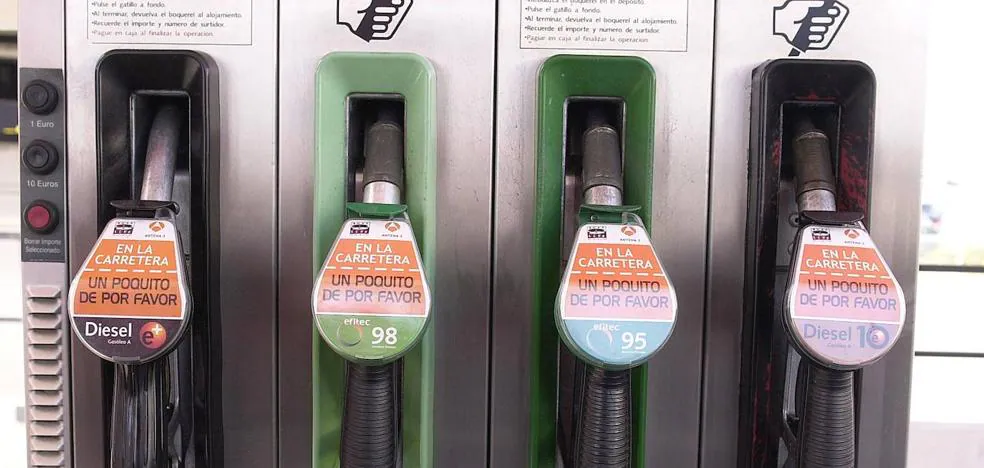The growth of electric cars has slowed considerably. In many EU countries, the share of electric vehicles in new registrations is falling. The automotive industry warns that the 2025 turnover target of 25 percent is impossible. For that to happen, the current share of 12.5 percent would have to double in one year.
60 percent of Austrians depend on cars in their daily lives. “The politicians here were far too optimistic. They made the calculation without the landlord, namely without the customer,” says Günther Kerle, chairman of the car importers. “It is not only unlikely, but also impossible to achieve these goals.”
The target for EU countries in 2025 is 25 percent of new registrations; currently the share is 12.5 percent. If Austria does not meet the requirements, it risks high fines. Kerle demands that the transformation be given more time. The CO₂ fleet targets must be evaluated earlier than planned.
Free parking and charging price caps are mandatory
The stakeholder also calls for more support for e-mobility. It is not just about subsidies for purchases, which are already available to private individuals. “There must be a clear cost advantage in the long term,” says Kerle. Among the suggestions he mentions are free parking for drivers of electric cars, competitively priced garage spaces or a price cap for charging at public stations, which is currently relatively expensive. Simpler payment methods and more transparent pricing would also make electric cars more attractive.
Car dealership manager Klaus Edelsbrunner explains: “I currently only recommend an electric car to a customer if they have a charging station at home – public charging is considerably more expensive. If you live in a small apartment in the city, I would advise against an electric car unless you only drive a few thousand kilometres a year.”
Another demand from the automotive industry is the reintroduction of the investment bonus. Funding must also be provided for investments in the development of green drive technologies. Industry representative Hansjörg Tutner gives an example: “BYD has built a factory in eastern Hungary, which receives up to 50 percent subsidies there. We have clear disadvantages here in Austria.” He advocates that EU state aid legislation be adjusted so that there are no distortions that mainly benefit Eastern Europe.
Huge subsidies for Chinese manufacturers
Chinese manufacturers have also received large subsidies. First, the Chinese government subsidizes the companies, then the manufacturers can also count on generous subsidies in the EU. One problem is that Chinese manufacturers are usually dependent on deliveries from Chinese suppliers, as can already be seen in the factory in Hungary. In the medium term, this could also have consequences for the Austrian location, which is dependent on orders from European suppliers. The enormous problems at car giant Volkswagen (VW) are also putting local companies under pressure. However, Tutner does not expect major job losses and has made everything clear.
Not only should there be relief and help for companies, the sector is also campaigning for lower taxes for the drivers themselves. “Higher taxes must be clearly rejected,” says Edelsbrunner. In addition, the travel allowance must be retained urgently. Drivers are already a particularly tax-burdened group, and this is already difficult for many, especially in rural areas.
Source: Krone
I’m Ben Stock, a journalist and author at Today Times Live. I specialize in economic news and have been working in the news industry for over five years. My experience spans from local journalism to international business reporting. In my career I’ve had the opportunity to interview some of the world’s leading economists and financial experts, giving me an insight into global trends that is unique among journalists.



